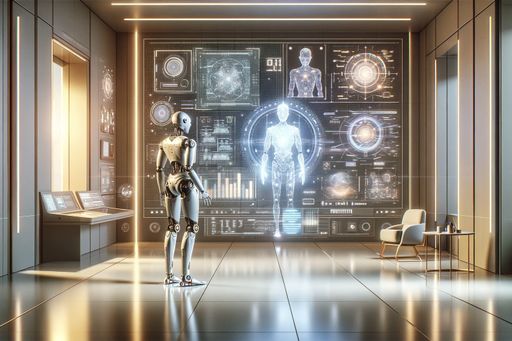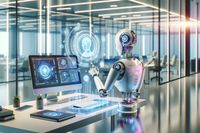Study Reveals Jobs Most at Risk from AI
A report from the UK Department of Education identifies the jobs most likely to be automated by AI.

Management Consultants and Business Analysts at Highest Risk
The UK Department of Education has compiled a list of the top 20 jobs most at risk of being taken over by artificial intelligence (AI). Topping the list are management consultants and business analysts, with white collar workers being particularly vulnerable to automation.
The report also highlights financial managers and directors, certified accountants, and psychologists as occupations at risk. The Education Department used a methodology that assessed 365 different jobs and compared them against 10 common AI applications to determine the level of automation risk.
According to the report, professional occupations associated with clerical work in finance, law, and business management are the most exposed to AI automation.
A Range of Occupations Facing AI Takeover
Among the top 10 to 20 at-risk occupations identified by the Education Department are purchasing managers and directors, economists and statisticians, finance and investment analysts, legal professionals, and various business associate roles.
The findings also include education advisers, human resource administrators, bookkeepers and payroll managers, administrative government workers, and marketing associates. These occupations are deemed to have a high risk of automation by AI.
The report highlights generative AI models like OpenAI's ChatGPT and Google's Bard as common applications that were considered in the analysis.
Hands-On Workers Less Vulnerable to AI
In contrast, the report reveals that certain occupations involving manual work in unpredictable environments and lower wages are less likely to be taken over by AI. This includes roles such as roofers, construction workers, cleaners, launderers, painters and decorators, gardeners, landscapers, and road construction workers.
The Education Department's report aligns with concerns raised by LinkedIn CEO Ryan Roslansky, who stated that AI threatens the traditional bachelor's degree. With AI technology rapidly advancing, up-skilling and adaptability are becoming critical for employees.
Data from LinkedIn shows that job listings mentioning AI have increased significantly, indicating a shift in occupational skills required due to AI automation.



